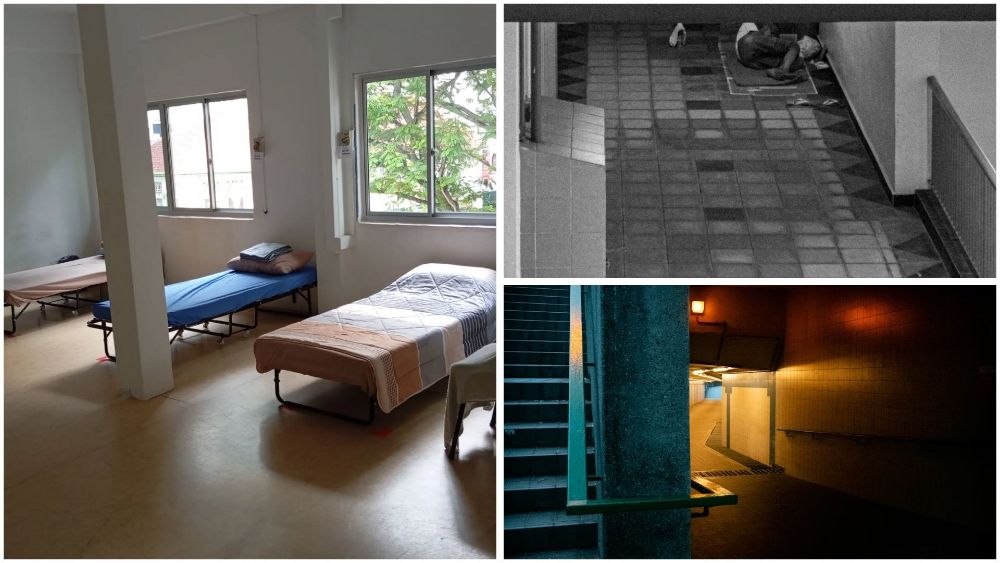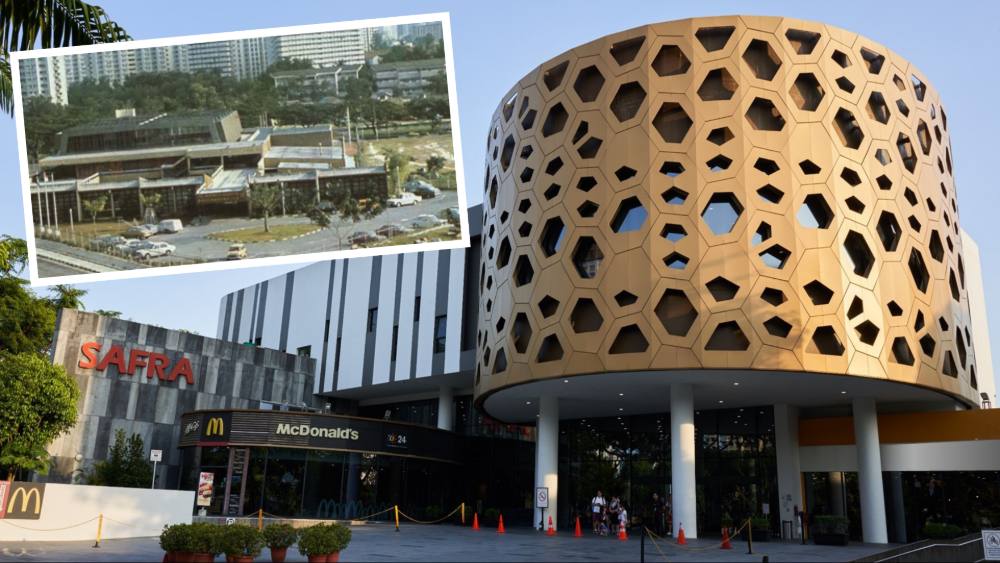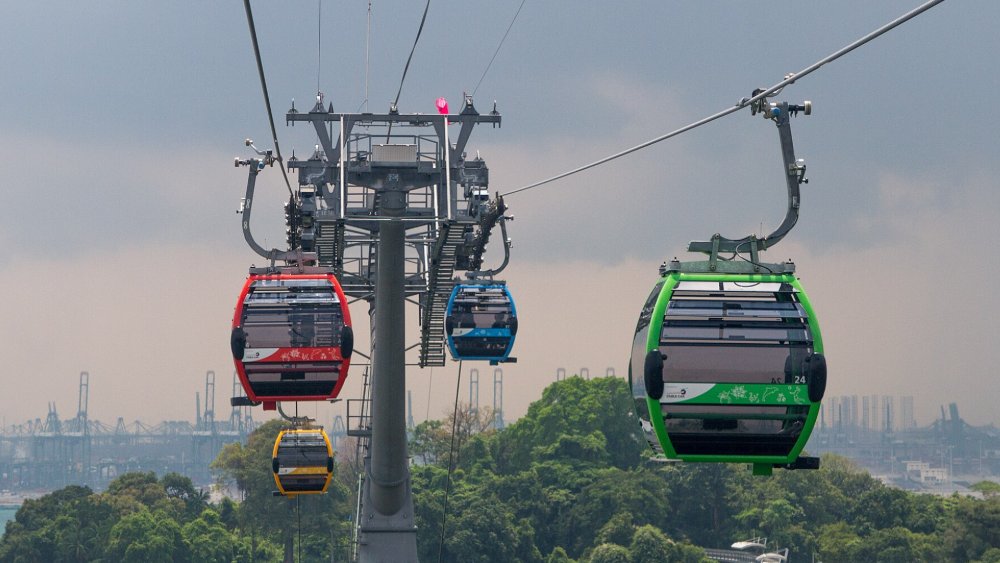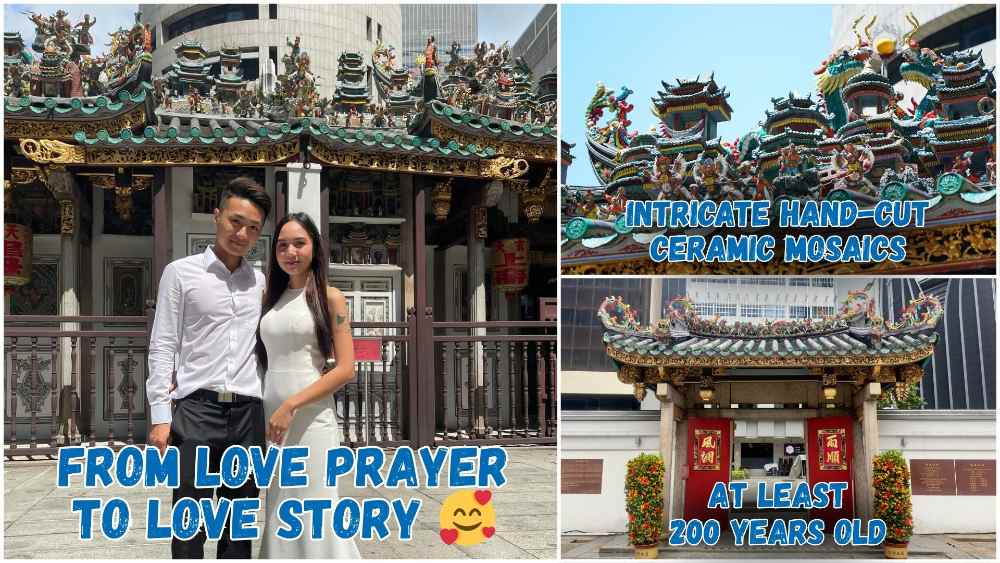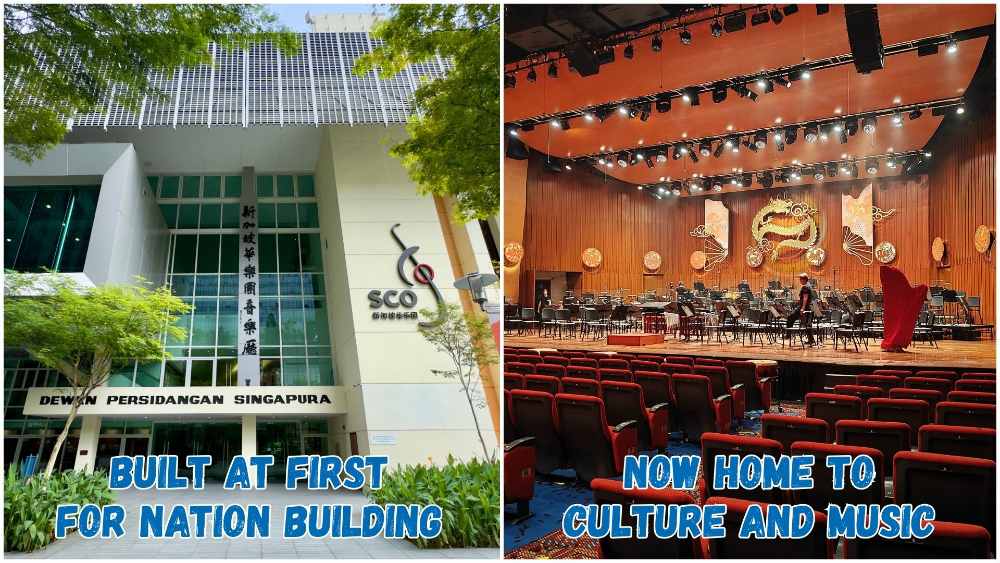Could You Go One Night Without Shelter? SleepOut SG Asks Singapore to Try
While most of us sleep comfortably in our beds at night, hundreds of people in Singapore have no place of their own to call home. Although homelessness in Singapore is comparatively less prevalent than in many other countries, it's sadly still a reality today.
To raise awareness and funds to help people experiencing homelessness, New Hope Community Services is organising SleepOut SG on 10 October, which is also World Homeless Day.
You can join the main event by registering as a "sleeper" to give up your bed for one night and sleep out. This isn't about imitating homelessness, but rather standing in solidarity with those for whom homelessness is a reality.
The Sleepout event takes place on 10 October itself from 7 pm to 8 am the next day at Kampung Siglap Lifeskills Training & Retreat Centre. You can register here, with a registration fee of $25.
If you're unable to join the SleepOut event in person, you can still support this movement by making a donation, or even creating a fundraiser to spread awareness amongst your loved ones.
All funds raised will go towards supporting the work of New Hope Community Services. In addition, all donations made through SleepOut SG will be matched 40% by the Tote Board's Enhanced Fundraising Programme.
Singapore's rough sleepers
Events like SleepOut SG shine a spotlight on a prevalent, yet often forgotten issue. Homelessness in Singapore may be less overtly visible, but that doesn't make it any less important. It just means that those in need are hidden in plain sight, and overlooked by those who pass by.
Homelessness can be broadly divided into three categories. Namely:
- Primary or street homelessness, where people do not have accommodation and sleep in public spaces not intended for human habitation, like on the streets
- Secondary homelessness, where people live in temporary accommodation like shelters and hostels, or move frequently due to the unavailability of permanent housing
- Tertiary homelessness, where people live in inadequate accommodation such as overcrowded housing, or may imminently lose their housing due to eviction, violence, or lack of social support
According to the first nationwide street count on homelessness in 2019, Singapore had somewhere between 921 and 1050 street homeless people at the time. Most of them were older men, and they most commonly slept in public housing void decks and commercial buildings.
The second nationwide street count conducted in 2021 expanded upon the prior study to examine the issue of homelessness in a post-Covid world.
While the number of street homeless persons had fallen from 1050 in 2019 to 616 in 2021, this didn't necessarily indicate a significant drop in the number of homeless people overall.
Instead, occupancy in temporary shelters increased more than sixfold, from 65 to 420, with more homeless people having moved indoors due to improved shelter access.
Who are Singapore's rough sleepers?
The 2021 study also identified three distinct groups among interview participants, as follows:
- Long-term homeless persons who had been rough sleeping even before the pandemic hit Singapore in February 2020
- Newly homeless persons who had not slept in public places before the pandemic and sought housing support voluntarily when the pandemic started
- Transnational homeless persons were Singaporeans who were living in Malaysia or Indonesia but frequently travelled to Singapore before the pandemic for work or visa renewal, and were displaced by border closures in 2020
What contributes to homelessness here?
Although the pandemic was the catalyst for those in need moving into shelters, the underlying causes of this phenomenon of housing insecurity had already been present beforehand.
Common factors contributing to homelessness include:
- Family conflict, leading to people being forced to move out
- Insecure and irregular work, combined with low wages,
- Insufficient quantity and duration of public financial assistance
- Lack of sustainability in open market rentals due to problems with landlords and short notice periods for eviction
How can we help Singapore's homeless?
Regardless of the statistics involved, every number represents an individual who's sadly fallen through the cracks and is living in uncertainty.
While events like SleepOut SG give us a glimpse of what these individuals experience, they certainly don't encompass the full scope of what they go through, especially since we're still able to go home once it's over.
However, such events can also serve as a catalyst to open up dialogue about homelessness and encourage us to take action to help those in need.
Aside from New Hope Community Services, you can consider supporting Homeless Hearts of Singapore (HHOS). This volunteer-run, non-profit organisation aims to help homeless individuals reintegrate into the community via befriending them, providing temporary aid, connecting them with official social services, and even engaging in advocacy efforts to raise awareness on the plight of the homeless.
HHOS is also part of the Ministry of Social and Family Development's (MSF) Partners Engaging and Empowering Rough Sleepers (PEERS) Network, a collaboration between community groups, social service agencies and government organisations that offers shelter and assistance to rough sleepers.
If you're a night owl, you can consider volunteering with PEERS at regular outreach sessions, which are usually conducted after 9pm, or by helping out at Safe Sound Sleeping Places (S3Ps), which are ground-up initiatives that provide rough sleepers and homeless individuals a safe environment to rest for the night.
While there are no simple solutions to eradicating homelessness, we can still do our part to help by volunteering with or donating to organisations that work with homeless individuals, granting them a measure of dignity and making their nights a bit easier.
For the latest updates on Wonderwall.sg, be sure to follow us on TikTok, Telegram, Instagram, and Facebook. If you have a story idea for us, email us at [email protected].







